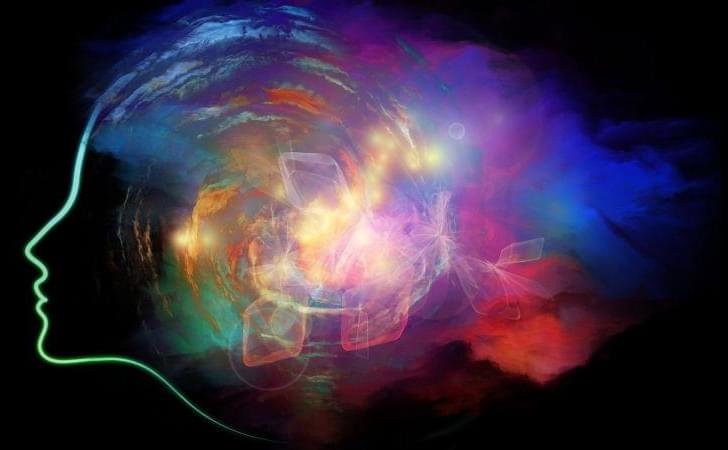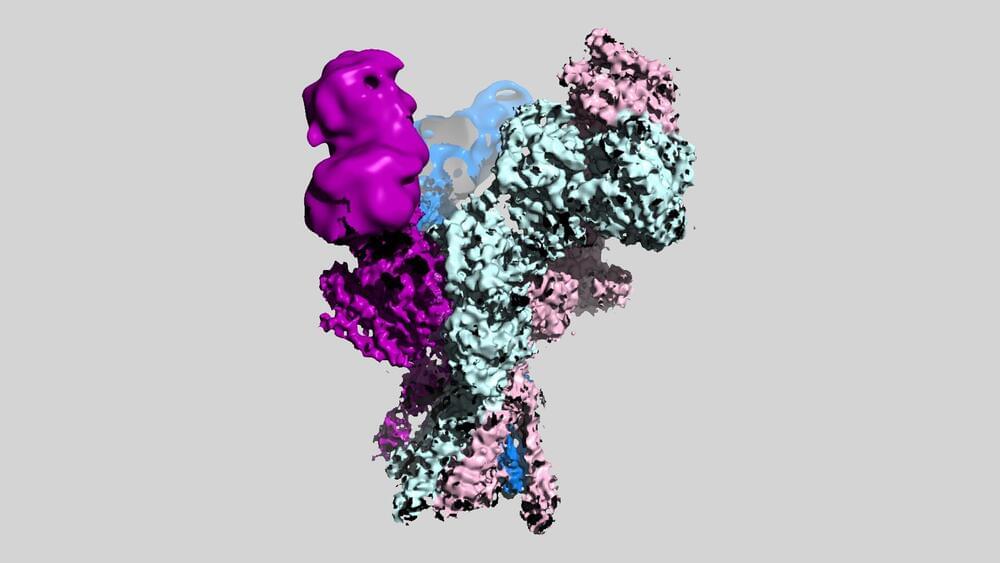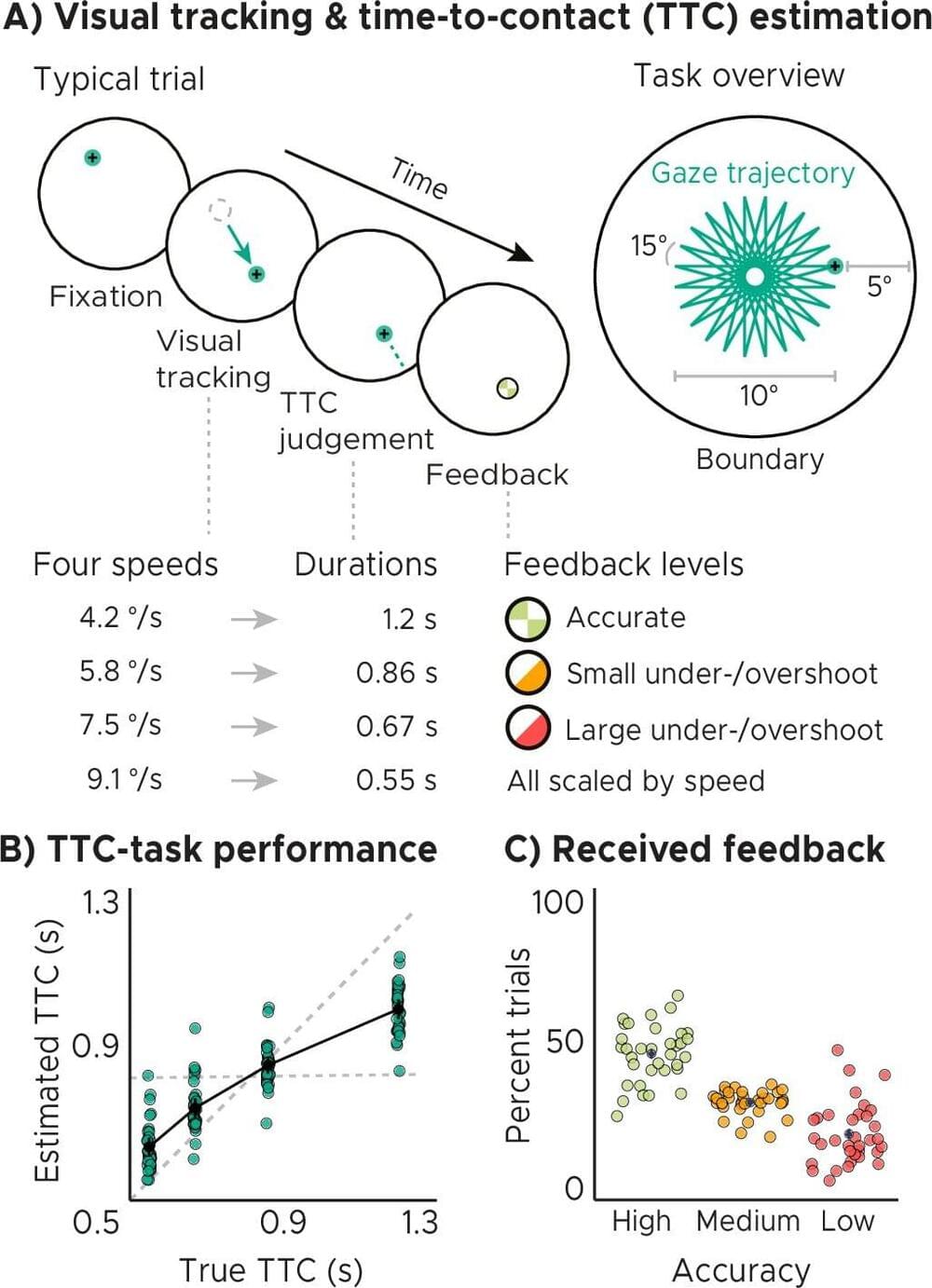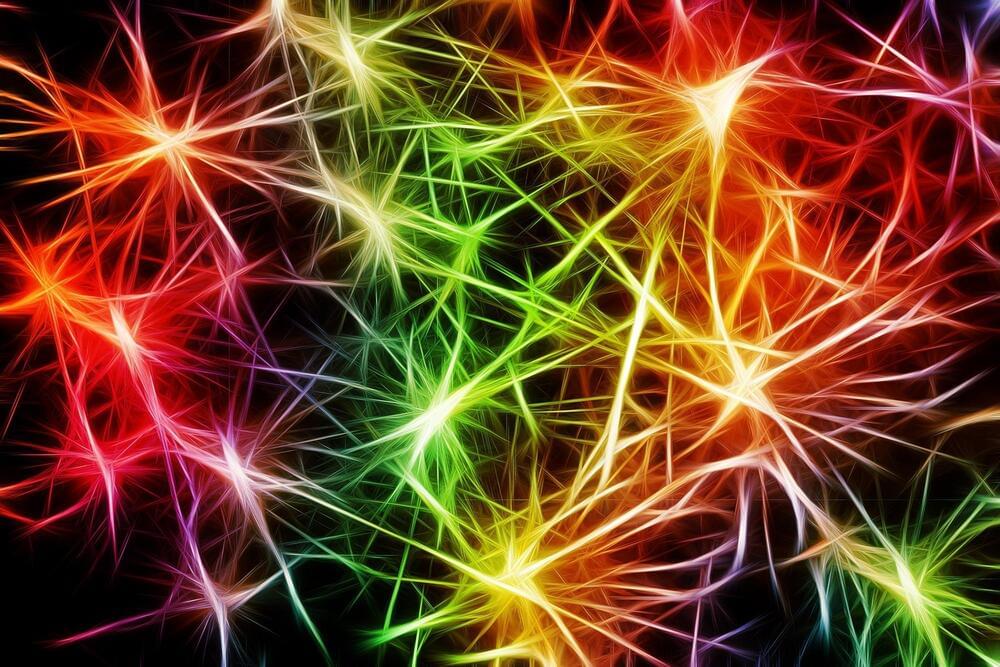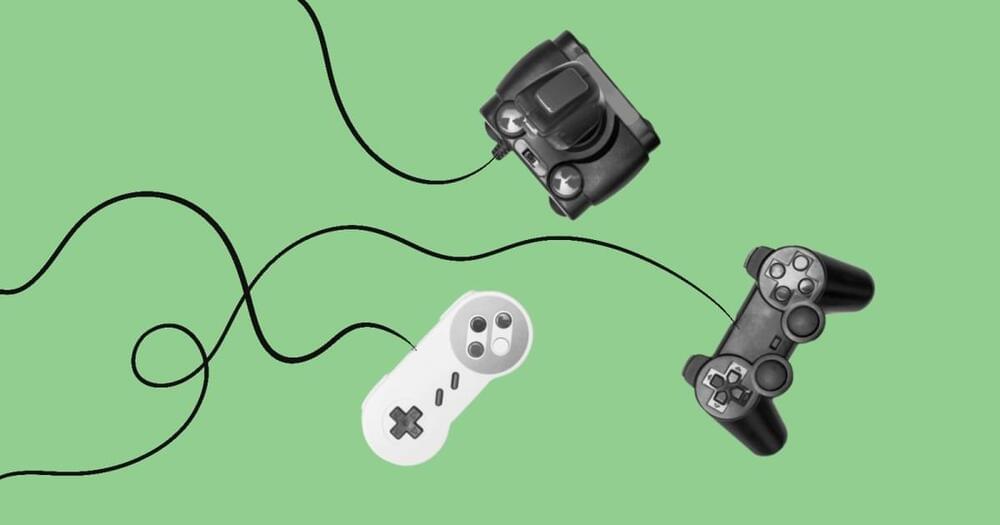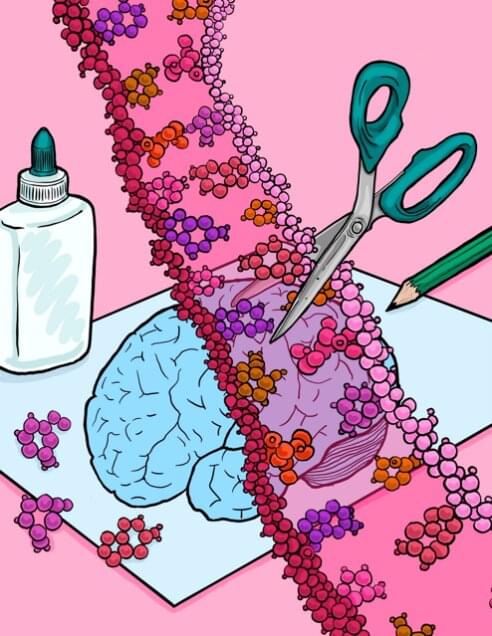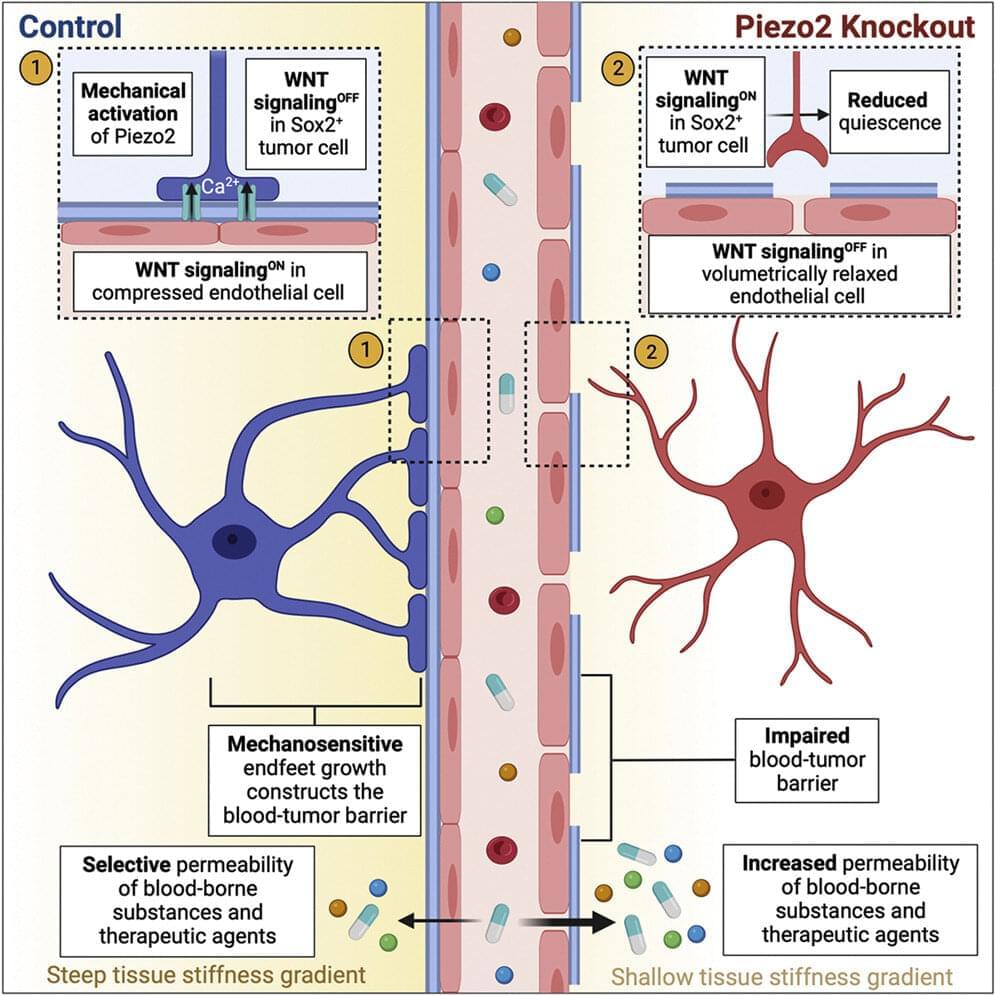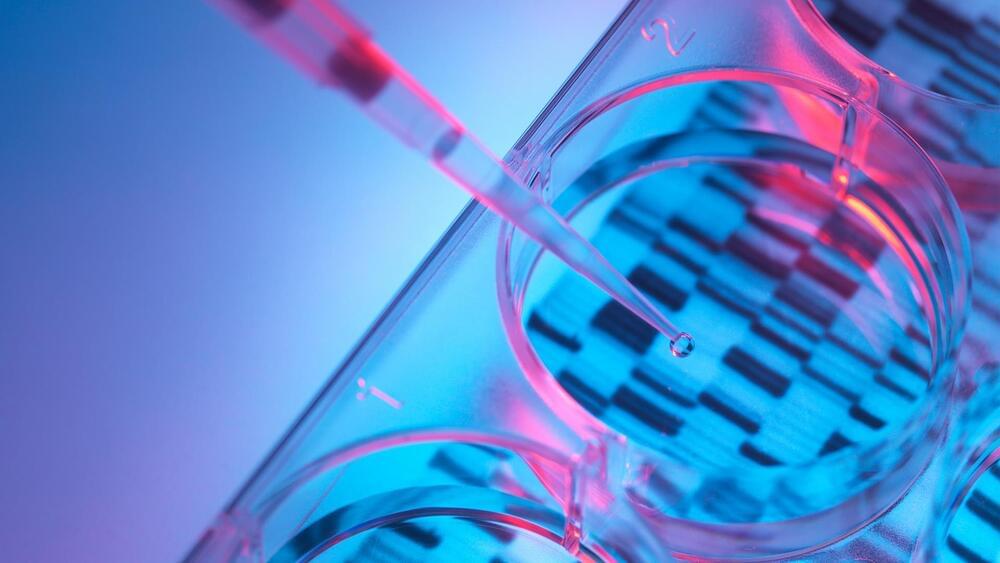CNN
—
A single dose of a synthetic version of the mind-altering component of magic mushrooms, psilocybin, improved depression in people with a treatment-resistant form of the disease, a new study found.
The randomized, double-blind clinical trial, which authors called “the largest of its kind,” compared results of a 25-milligram dose to a 10-milligram and 1-milligram dose of a synthetic psilocybin, COMP360, that was administered in the presence of trained therapists.
Results of the study, published Wednesday in The New England Journal of Medicine, found “an immediate, fast, rapid-acting, sustained response to 25 milligrams (of COMP360),” said study coauthor Dr. Guy Goodwin, a professor emeritus of psychiatry at the University of Oxford in the United Kingdom.
A single treatment of synthetic psilocybin, the mind-altering ingredient in magic mushrooms, improved mood in people with treatment-resistant depression within three weeks, new company-sponsored research found.
